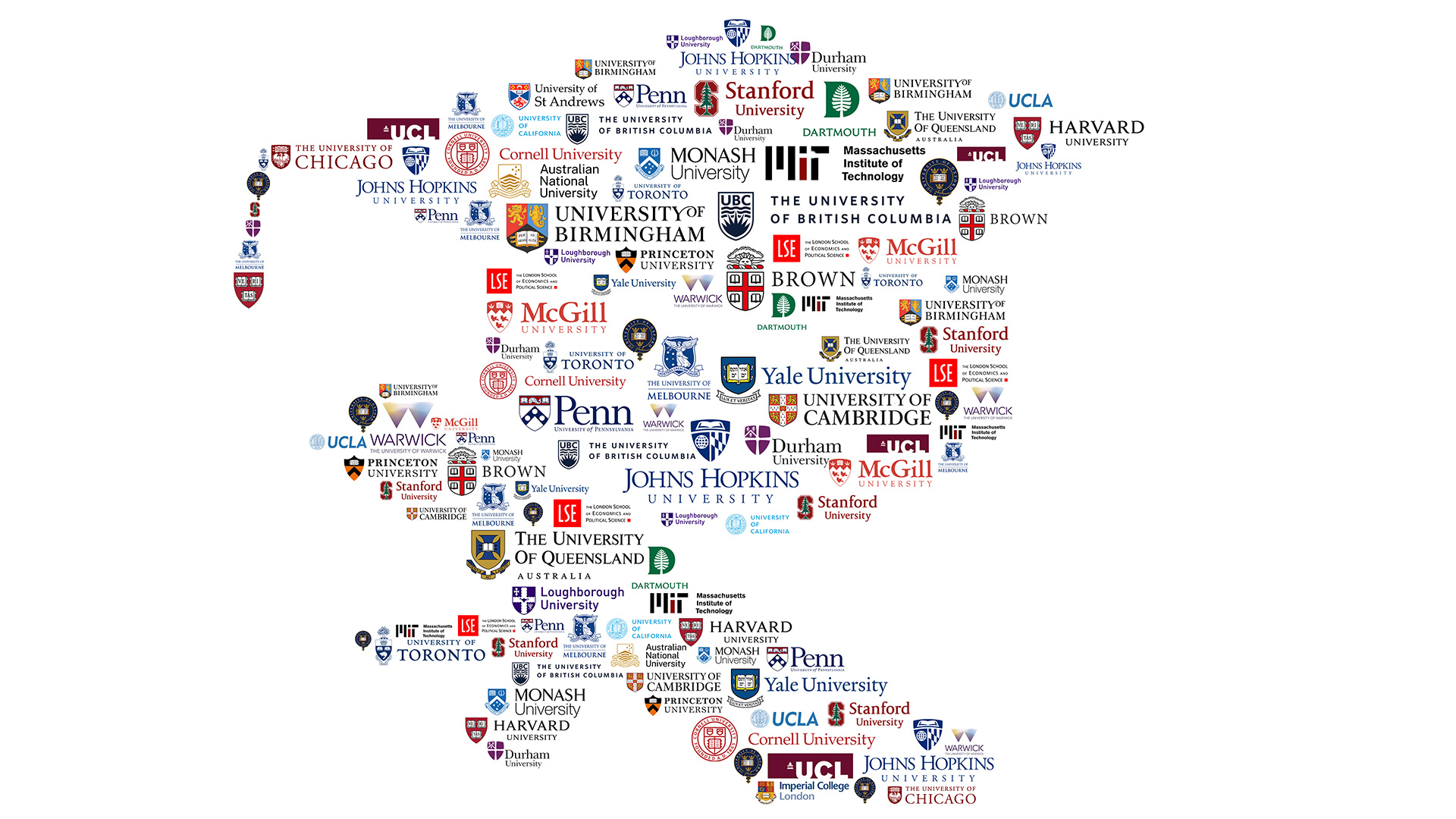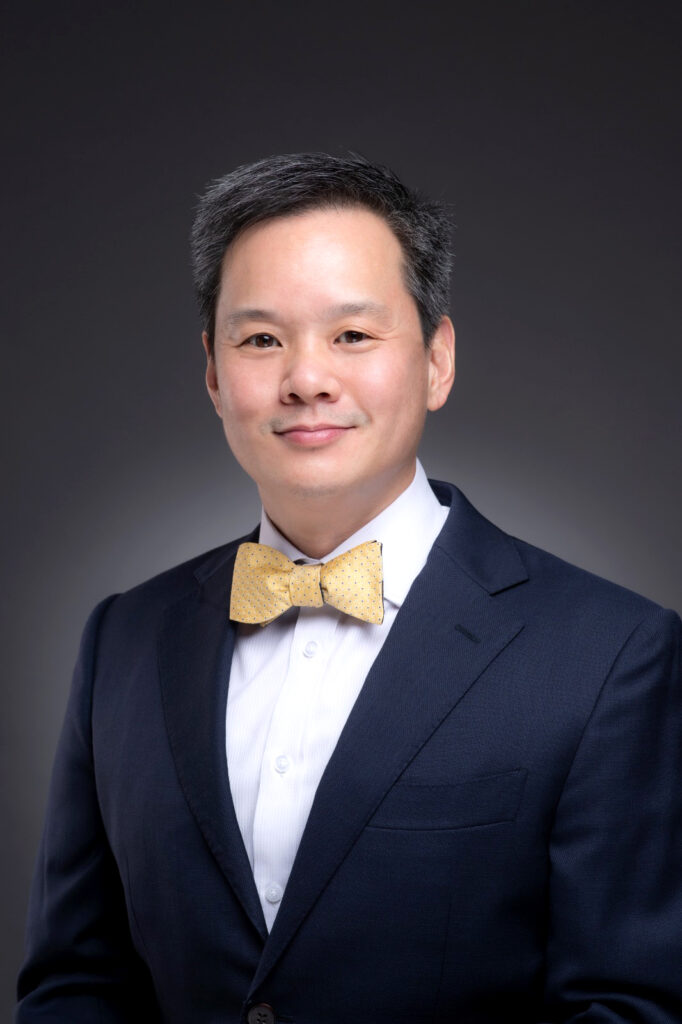
Sheer Class: The prestige of boarding overseas – and the global doors it opens – still resonates in Hong Kong
Despite the recent strong performances of Hong Kong universities, the attraction of an overseas education shows no sign of abating for many local students. Families are prepared to fork out the additional fees and expenses required to study abroad since it is still seen as a passport to a golden future. The UK, the US, Australia and Canada are the destinations most preferred.
For many local pupils, boarding overseas is a stepping stone to a top international university. Take the experience of young Hong Kong professional Frankie, who went to England aged 17 to study A-levels, then went on to a good university. “I chose to study abroad because it could raise my chances of getting into a top university,” he shares. “During my time in the UK, I gained a lot of international exposure as my university attracted students from all around the world.”
These sentiments are familiar to Gerry Chu, Director of Apply Ivy, a company which helps students prepare for and apply to competitive boarding schools and universities abroad, primarily in the US, the UK and Canada. Many of his young clients attend international schools in Hong Kong, and they are typically interested in building on their existing experience by gaining an international perspective at secondary or tertiary level.
“Another reason for studying abroad is that students may have different career options available to them upon graduation,” he says. Attending a US college is preferred by some since it allows the exploration of different courses while a student decides a future career path.
Life lessons
Time spent studying overseas also brings the benefit of fostering a spirit of independence. “Often, with this independence, young people are more likely to have varied life experiences,” he notes. “They are given opportunities to succeed and fail, which provide meaningful life lessons.”

Gerry Chu
Often, with this independence, young people are more likely to have varied life experiences.
Chu says many students choose their destination based on previous knowledge of that country from family, friends, or past visits. “Everyone has a unique situation, perspective and set of goals that will guide them in their decision-making process,” he adds, citing geography, culture, language, weather, area of study, and future career prospects as some of the considerations.
He advises doing as much prior research as possible; visiting the schools and universities before applying, if possible; and attending summer programmes abroad to get a better sense of life away from home in another country.
Superior education
For Garth Grierson, the founder of Art Curators Hub and a former international school Head Teacher, one of the top draws of an overseas education is the potential for academic excellence. “Very often pupils at these private schools attain a superior academic standard,” he says. “They are far more disciplined and more motivated as they are competing with some of the best students in the world. This is contagious.”
Another plus from his experience is that schools overseas deliver a more holistic education, in which mind, body and soul are equally important in the development of each student. Sporting activities and projects to develop teamwork are part of a wide-ranging curriculum.

Garth Grierson
Students are encouraged to get involved with social activities to assist others who are not as fortunate as themselves.
“Problem-solving skills and thinking outside of the box become the norm. Students are encouraged to get involved with social activities to assist others who are not as fortunate as themselves. Social intelligence is developed,” adds Grierson, who as a teacher in Africa was involved with Round Square, an international organisation helping students from all over the world to realise their full potential.
He notes that most pupils embarking on an overseas education will feel homesick at some point during their stay. “This is normal, and as they adapt to their new environment, this seems to disappear.”
Boarding troubles
A British teacher at a prestigious private boarding school in England which attracts many international students warns that separation from family and home culture is one of the potential downsides of studying overseas. She has witnessed the psychological impact of what is termed boarding-school syndrome on pupils. In extreme cases, it can result in long-term emotional and behavioural difficulties.
Her advice for parents planning to send their offspring to overseas boarding schools is to check the support on offer, the bullying policy, and whether or not there are private rooms. Limited social interaction outside of school and the possibility of racial discrimination against non-white pupils are other concerns facing boarders.
She references Mumsnet, the Good Schools Guide, the Daily Telegraph and Richard Beard on YouTube as valuable sources of information when researching the suitability of boarding schools in the UK.
Prestigious pathway
As a counter to these aforementioned drawbacks, she points to the many distinct advantages of attending a British boarding school. It can facilitate entry to a leading university in the UK or the US and access to the global elite, as well as provide fantastic sports facilities and foster independence and self-confidence.
Then, there’s the prestige factor of attending a famous British private school and acquiring the Received Pronunciation English accent, which can open doors in education and social circles. Wealthy Malaysians interviewed for a recent newspaper article admitted that the cachet of speaking with a refined English accent was one of the main attractions of a UK education.
Global advancement
Kevin Lau, Founding Convenor of the Hong Kong Global Youth Professional Advocacy, believes he has benefitted immensely from an overseas education. He was schooled in Canada, then attended Duke University, the University of North Carolina and Stanford University in the US. He also holds a Fellowship from the Royal College of Radiologists in the UK.
“While Hong Kong is a global city – a thriving hub of international trade, finance and culture that already exposes its residents to a diverse mix of people and ideas – studying overseas takes this exposure to a deeper level, providing an immersive experience that fosters a profound understanding of global perspectives and cultural nuances,” says Lau. “Overseas education fosters global citizenship, lifelong friendships, and a competitive edge in job markets for Hong Kong students.” He also emphasises the excellent networking opportunities gained by studying overseas.

Kevin Lau
Hong Kong students may benefit from their unique pedagogical approaches, like the critical-thinking focus in the US.
The US, the UK and Australia are the most popular destinations due to their prestigious universities, diverse programmes and job prospects, according to Lau. He believes Hong Kong students make their choices based on cost, English instruction, cultural fit and career opportunities, and often favour these English-speaking nations. “Factors like proximity and scholarships also influence decisions,” he adds, noting that the National University of Singapore is a top Asian option.
Top-ranked universities appeal due their resources and expert faculty. “Hong Kong students may benefit from their unique pedagogical approaches, like the critical-thinking focus in the US,” he suggests.
Personal potential
Beyond the academic advantages of studying abroad, it is an experience that “nurtures personal development and self-reliance as students confront new cultures, environments and language barriers,” says Steven Hon, General Manager, Hong Kong and Macau of international education company EF Education First.
The international student mix and global career prospects of an overseas education are also valuable, he believes, since these may be less readily accessible to students only studying in Hong Kong.

Steven Hon
EF Academy evaluates students based on their unique strengths, interests and readiness to embrace a global learning environment.
On top of EF’s language and university foundation year courses, their EF Academy operates three international boarding schools, in New York and Pasadena in the US, and Oxford in the UK, which specialise in preparing students for higher education in those countries. These are non-selective schools that focus on the overall potential of each student rather than solely on academic performance. “Unlike traditional boarding schools that may require rigorous entrance exams or high standardised-test scores, EF Academy evaluates students based on their unique strengths, interests and readiness to embrace a global learning environment,” says Hon.







